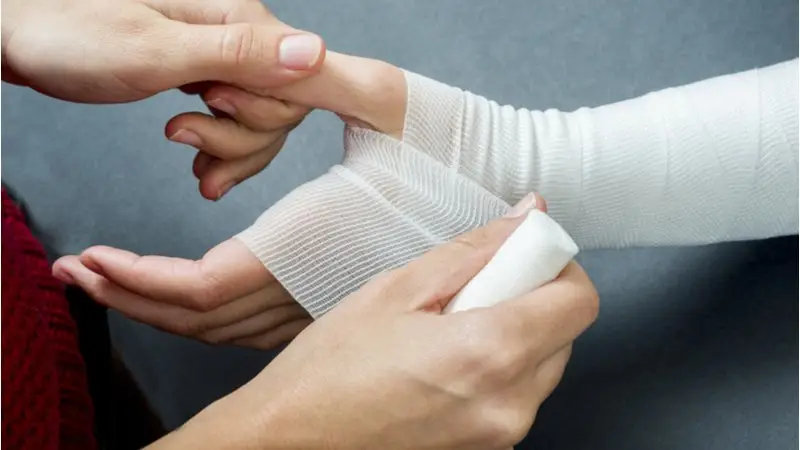While many are familiar with its impact on cardiovascular health, nerve function, and kidney health, fewer are aware of how diabetes influences the musculoskeletal system. This connection is crucial, as it not only affects the quality of life but also the management and recovery from musculoskeletal injuries.
Exploring the Impact of Diabetes on the Musculoskeletal System
Diabetes can lead to various musculoskeletal disorders. High blood sugar levels can cause changes in the connective tissue and are associated with chronic inflammation, which adversely affects the muscles, tendons, bones, and nerves. Here’s how diabetes impacts different aspects of the musculoskeletal system:
Joint Stiffness and Contractures:
The excess glucose in the blood can lead to the formation of advanced glycation end-products (AGEs), which can cause the tissues to become stiffer and less elastic. This increases the risk of contractures and joint mobility restrictions, commonly seen in the hands and shoulders of diabetic patients.
Osteoarthritis:
Diabetes increases the risk of osteoarthritis. High glucose levels accelerate the degradation of cartilage in the joints, leading to earlier and more severe onset of osteoarthritis, particularly in weight-bearing joints.
Osteoporosis:
Diabetes, especially type 1, is linked to lower bone mineral density and an increased risk of fractures. This is due to the lower production of osteoblasts (cells responsible for bone formation) and increased urinary excretion of calcium.
Diabetic Neuropathy:
This is a complication where the nerves deteriorate causing pain, tingling, numbness, and weakness in the feet and hands, which can spread to the legs and arms.


Challenges in Musculoskeletal Injuries Among Diabetic Patients
Individuals with diabetes tend to have a higher risk of certain types of injuries and face unique challenges in injury recovery:
Risk of Falls and Fractures: Neuropathy (nerve damage) and impaired vision heighten the susceptibility to falls, while diminished bone density increases the risk of bone fractures.
Delayed Wound Healing: High blood sugar levels impair the body’s natural healing processes, leading to slower and sometimes incomplete healing of wounds, including those from surgical procedures or trauma.
Infection Risk: Diabetic patients have an increased risk of infections, which can complicate fractures, surgeries, and other musculoskeletal injuries.


Strategies for Managing Diabetes and Musculoskeletal Health
Managing diabetes effectively and mitigating its impact on the musculoskeletal system involves a comprehensive approach:
Optimal Diabetes Control: Maintaining blood glucose levels within recommended ranges is crucial to minimise the formation of AGEs and reduce inflammation.
Regular Physical Activity: Exercise helps maintain joint function, strengthen muscles, and improve bone density. It’s also essential for overall diabetes management.
Adequate Nutrition: A balanced diet rich in calcium, vitamin D, and anti-inflammatory foods can support bone health and aid in the management of diabetes.
Monitoring and Early Intervention: Regular check-ups with healthcare providers can help identify and manage musculoskeletal issues before they lead to severe complications.


Forging Stronger Paths
Diabetes has a profound impact on musculoskeletal health, influencing everything from bone density to joint flexibility. Awareness and proactive management of diabetes are key to preventing musculoskeletal complications and ensuring that injuries heal properly. By integrating lifestyle changes, regular medical care, and appropriate therapeutic interventions, individuals with diabetes can lead active, healthy lives despite these challenges.





